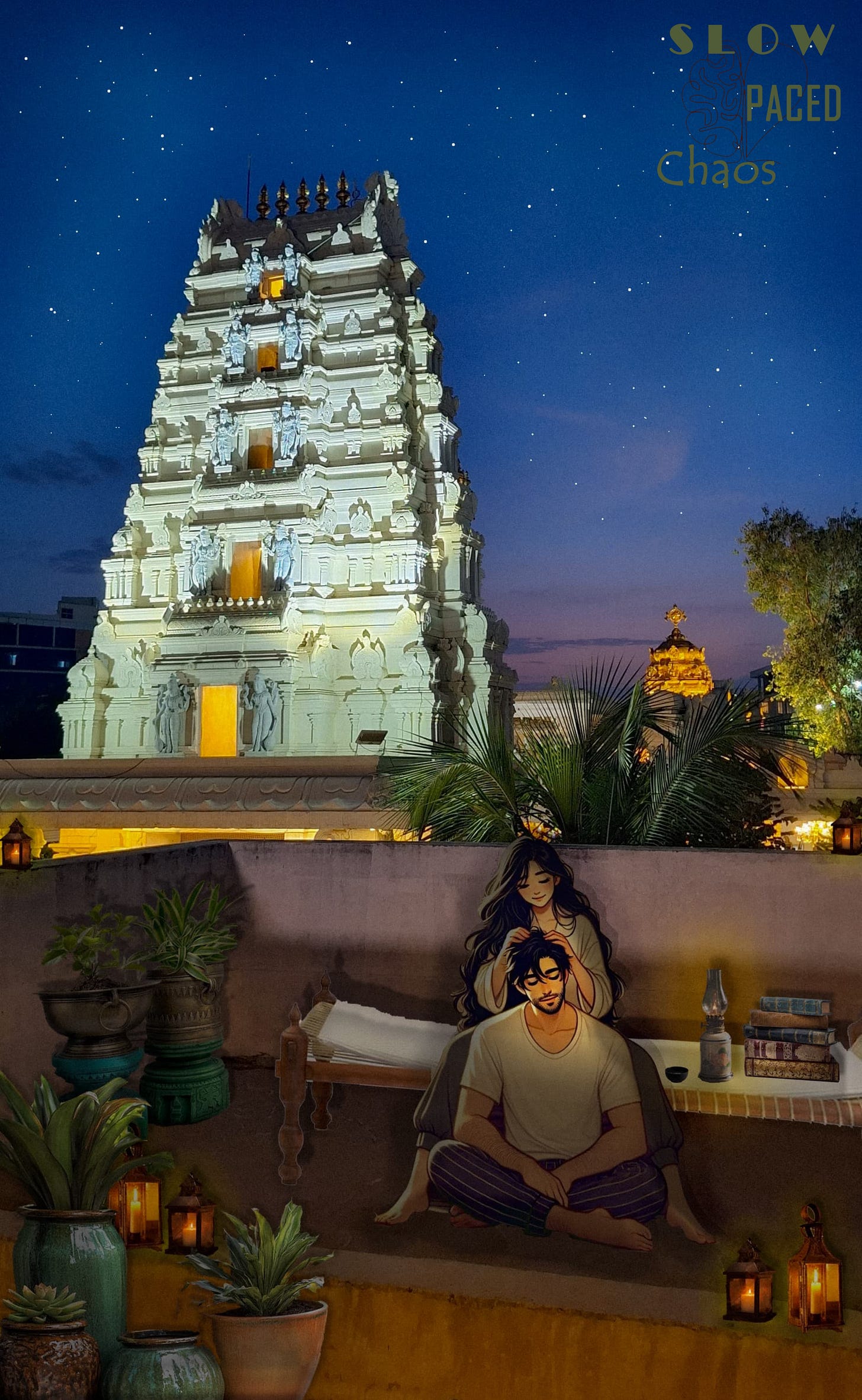Gunaahon ka Devta: A Tragic Reminder That Not Choosing Is Also a Choice
The renowned hindi psychological literature
The storyline captures the emotional turmoil and complexities of the human mind and heart.
However, I feel that it's a story of how things can turn for the worse when you repeatedly fail to pursue your love. You don't even try to pursue it. You don't fight for it. You don't take a stand for it.
Chander and Sudha (the protagonists) share a bond of playfulness and friendship, and that of love and worship. They don't realise their love for each other, nor do they confess to it until Sudha is supposed to get married. And they feel like the distance will tear them apart.
It was the kind of love that was always just there, understood to them, so it never needed words and big confessions and rightly so, until you reach the part where they just let go of each other without taking their stand. Holding on to each other is never shown as a choice between them. But life always gives you a choice.
How things would have turned out differently had Chander and Sudha chosen love over fear. One lesson that this book gives is, if you ever find love, in whatever form, accept it and if the need arises and the situation demands, fight for it. Go all in! Love is not just about silent sacrifices, it is also about courage, action and choice.
Love in its rarest spiritual form, like theirs, is what most people long for lifetimes. They had it right in front of them, but they threw it in silence, wrapped in cowardice, traditions, morals and ego. Had they fought, things would have turned out differently. Their love could have been revolutionary, especially because the story takes place in early independent India.
Both of them are shown to be educated and smart, capable of doing great things, not just for themselves but even for society. But what greater could they have done to society by choosing each other without shame and challenging society's hypocrisy and its hollow customs?
However, they let go of their pious connection for a pretentious society. Or maybe it was their own insecurities projected onto society, because letting go felt easier at the time. Choosing each other would have meant war, breaking rules, facing your fears and having the ability to be disliked and judged by the people. So it felt peaceful to let go. Wrapped in the illusion of virtue.
The word ‘Devta’ is used for Chander multiple times, which puts him in the position of high responsibility. But that weight of responsibility crushes his chance at true love. And his sacrifice is projected as a virtue. But the other way to look at it is - selfish. As humans, we enjoy being praised and projected as an ideal. What if Chander was too afraid to let go of his title of ‘Devta’, even for Sudha?
And slowly, after losing each other, they lost their light. Their drive. Their power.
One should never reject a connection as sacred as that; instead, they should chase it wholeheartedly. Choose it, loud and clear. A connection like this, as portrayed between them, is an offering from god, or maybe god Itself. It is the closest thing to divine we will ever know. And rejecting this is rejecting god.
The tragedy of the story is not fate but silence and fear.
Not that they failed, but they did not even try.
"Two lovers, when in deep love, disappear as egos. They melt into each other, and in that melting is God."
— Osho




lovely post bacha <3
Beautifully written. Check out Rait ki Machli by Kanta Bharti, first wife of Dharamveer Bharti. It will significantly shift your perspective.